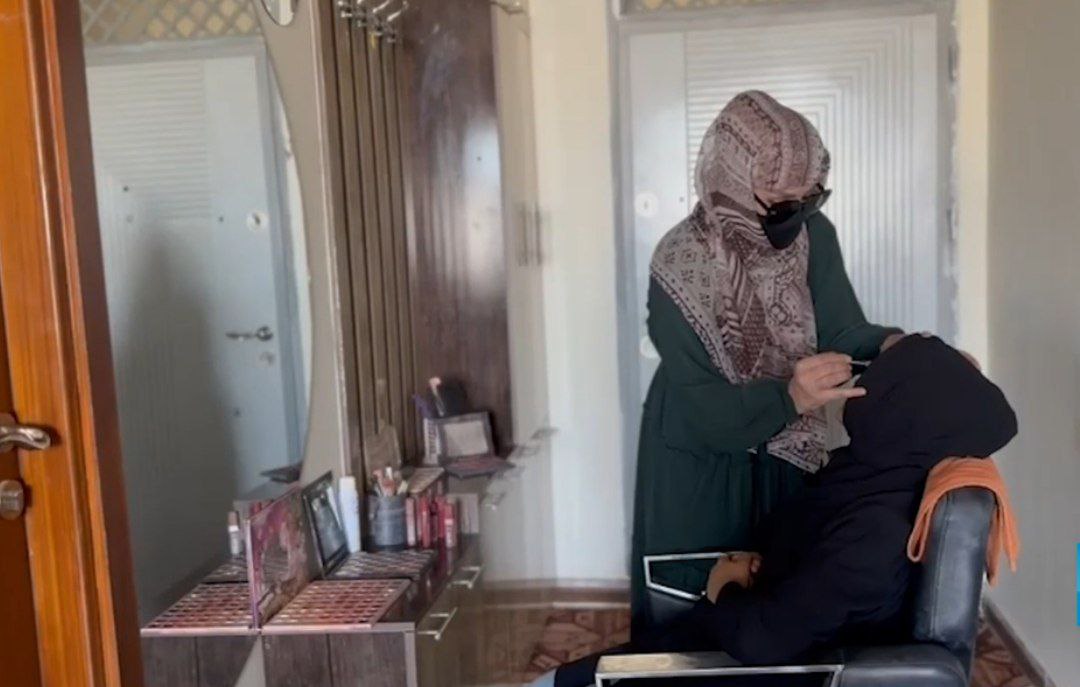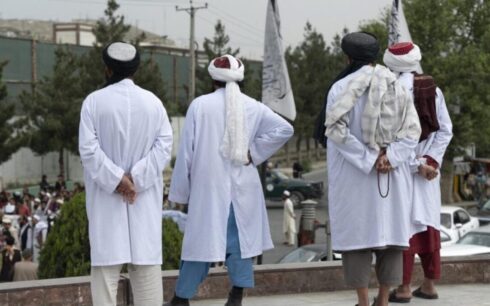KABUL, Afghanistan — Several female beauticians in Kabul have said Taliban security forces are extorting money from them as they attempt to work in secret, following the regime’s ban on all women’s beauty salons.
One such beautician, Rahla, 38, is the sole provider for her six children. Since the Taliban shut down salons, she has been forced to operate clandestinely to make ends meet. Despite her efforts, Rahla says the Taliban now demand a portion of her income in exchange for allowing her to continue working.
“When the security forces find out, they extort money from us,” Rahla told Amu News. “No matter how much we make, a large portion goes to the Taliban. They demand money in return for allowing us to work from home.”
The extortion is reportedly widespread. Two other beauticians in Kabul confirmed to Amu News that they are being forced to pay the Taliban a percentage of their earnings. According to one, the Taliban take payments under the guise of a “sweet gift,” but she noted bitterly that “it’s not a gift, it’s a bribe. Bribery is forbidden in Islam, yet we are forced to pay.”
Another beautician, speaking on condition of anonymity for fear of reprisal, said: “I don’t understand how they can pressure a woman who just wants to make a living for her family and still force her to pay a bribe just to be allowed to work.”
The Taliban’s ban on beauty salons, enacted more than a year ago, has devastated the industry, leaving thousands of women without work. According to the Women’s Beauty Salons Union, there were around 12,000 salons across Afghanistan before the ban, including 3,100 in Kabul alone. Each salon employed an average of five women, all of whom are now jobless.
The economic impact has been severe, as many women relied on the beauty industry to support their families. Working in secret has further reduced their incomes, as they must now operate without the visibility and safety of an official business.
Civil rights activists argue that the Taliban is not only oppressing women but also exploiting religion to justify their actions. “The Taliban is extorting large sums from these women,” said Zuhal Rad, a civil rights activist. “They use religion and culture as tools to deceive human rights organizations and the international community while they oppress women and restrict their participation in society.”
Since returning to power in 2021, the Taliban has imposed increasingly strict regulations on women, barring them from many areas of public life. The closure of beauty salons is just one part of a broader campaign that has seen women banned from schools, universities, and most workplaces. Critics argue that these measures are aimed at erasing women from public life entirely.





